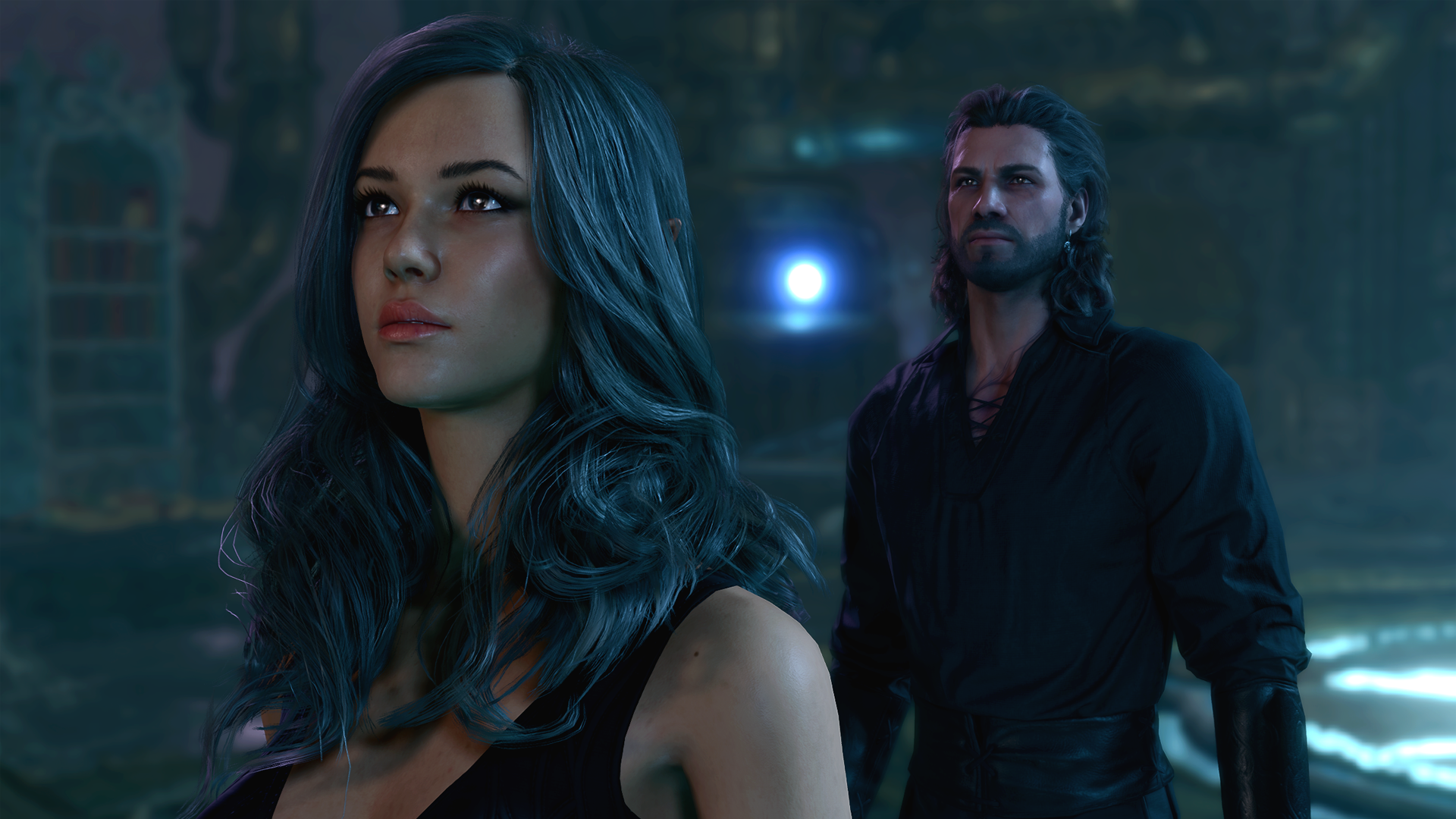
Amid ongoing concerns of AI acting in and outside of video games, Huzaifa Khan writing for Very Ali Gaming has stumbled on an EA games patent with some...very interesting implications. Namely, the EA games patent in question ("Generating speech in the voice of a player of a video game") is made with the goal of allowing for in-game characters to be fully voiced by the player.
In order for this functionality to work properly, lots of "input data" (meaning mostly speech samples, but also text samples) is required. Based on the patent, it seems like these goals could be accomplished either within game design or by sourcing external data (including from a server during gameplay).
The patent itself spends a considerable amount of time documenting the technical features of how input data is processed, but I'll be focusing on the game design implications here since they're more interesting. At least one game exists that already uses voice input data in an ongoing manner, though for conversations with NPCs instead of giving a voice to an onscreen character.
Inworld Origins is a short game from Inworld AI, a startup most recently in headlines for partnering with Xbox for AI NPC dialogue. Inworld Origins hinges around the player roleplaying as a detective and asking AI NPC characters questions, with answers generated on-the-spot based on that input.
So, there's little question that something like this is possible. It's so possible that recently, official English anime voice actors were openly speculating that they had been dubbed over with AI by Namco Bandai in the latest Naruto Ultimate Ninja Storm game. These comments were later denied by Namco themselves, but seemed likely at the time considering some of the exact scenes had been depicted with better voice lines in earlier games of the series.
Let's assume that this player-dubbing technology works near-flawlessly for the purpose of discussion, though. Mixed properly unlike the actual voice acting used in the above example, and using your voice unlike prior AI voice-in-gaming examples. Is this a feature you actually want to play a video game with?
Most video game playable characters already function primarily as self-inserts from a narrative perspective, but making that connection literal seems like a quick way to break immersion. Could you play as gravelly a Kratos as Christopher Judge? I know I couldn't.
Considering the sheer scope of Electronic Arts and the funding available to them, I think they should just stick to hiring actual people for video game voiceover, especially for plot-critical characters. Adopting technology like this seems like a pretty sharp step backward from an industry that's been selling video games to us with face-scanned screen actors for the better part of the past decade. Does EA want prestige, or a six-year-old's voice coming from the mouth of John Slayer The Fifth, Last of His Kind?







